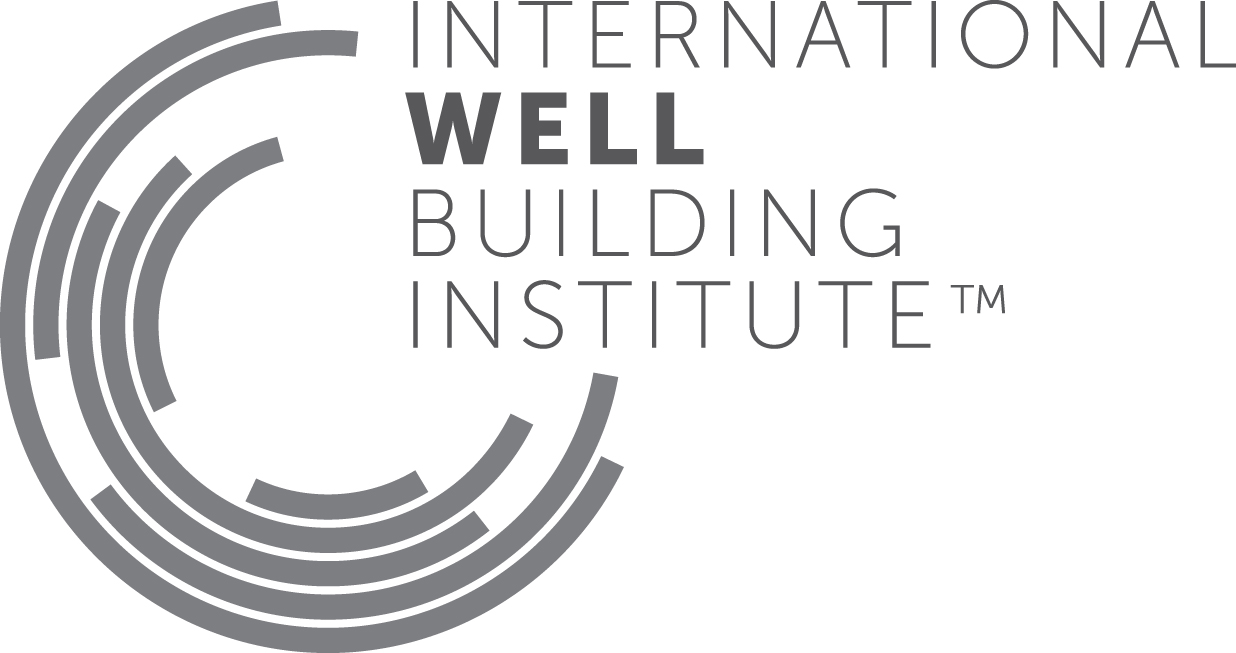WELL Summit 2023: A Prescription for Well-Being: Places That Put People First

“Today I want to talk about something that is the driving force of all of our progress – and that’s the courage of our movement. Everyone here today is a leader,” said Jason Hartke, IWBI’s EVP of External Affairs, to WELL Summit attendees as he helped kick off day two of the event. Leadership means having to go against the grain, fight the status quo, pioneer innovation and chart a different path, Hartke noted. “And to me, that’s the essence of leadership and courage."
Leadership and courage were at the forefront, as Hartke announced a collective call to action from 12 public health leaders and premier organizations in the healthy buildings space, calling on policymakers across the nation to prioritize buildings as instruments of public health.
The announcement provided an ideal set up for IWBI President and CEO Rachel Hodgdon’s lively discussion with four former U.S. Surgeons General: Dr. Joycelyn Elders, Dr. Antonia Coello Novello, Dr. Richard Carmona and Dr. Kenneth P. Moritsugu. As the Nation’s Doctor, the Surgeon General’s mission is to provide Americans with the best scientific information available on how to improve their health and reduce their risk of illness and injury.
With this mission in mind, the session, “A Prescription for Well-being: Places that Put People First” shed light on key topics including:
- Speaking truth to power
- How to address the diminishing trust in government institutions
- The importance of health literacy, cultural competency and empathy
- Buildings as a prescription for health
Speaking Truth to Power
Each panelist spoke to their roles in often delivering inconvenient truths and the importance of speaking truth to power. As Dr. Carmona noted, “Good leaders surround themselves with equally good leaders. They are not afraid to listen to the truth, and they stay focused on the needs of the people.”
Diminishing trust in government institutions
But is that today’s reality? According to the most recent Edelman Trust Barometer, collective faith in U.S. government and public health institutions is at an all-time low. Trust in government is at 44%, the lowest it’s ever been, making it the least trusted institution for the third year in a row.
Hodgdon asked panelists, “What do we need to do to build back that trust?” The Surgeons General pointed to a few key steps that can apply well beyond the political landscape, including the role of leadership, education, health literacy, cultural competency and empathy.
What they said:
- “We need elected officials who recognize the importance of public health and support the best science. What we’ve seen the last few years is a community that’s been plagued with half-truths and mistruths for political gain, and the public then loses confidence in science.” – Dr. Carmona
- “Health literacy is so important today because it’s about us being able to translate what we know into usable information for the public. It’s not only about health literacy, but also cultural competence. Unless you know the culture, you’re just talking translation. For that reason, culture is the crucial thing to be able to get to me so that I feel that you really care. We are losing empathy.” – Dr. Novello
Buildings as a Prescription for Health
Research shows that we spend almost 90% of our time indoors, so the impact that buildings are having on our health is significant. How will the places and spaces where we live our lives be used to cure what ails us? It was a far-reaching conversation covering an important range of topics from the challenges facing rural communities, schools and prisons to equity and climate change.
A few takeaways:
- “If buildings are a prescription for public health, schools are a particular kind of patient… It’s not just students that are impacted, but also the teachers and staff.” – Hodgdon
- “We all want children in our communities to grow up healthy, educated and motivated – and to have hope for the future. But we fail them because when we talk about increasing the taxes to make things better, to innovate schools, we don’t do that.” – Dr. Elders
- “Our prisons aren’t focused on providing a healthy atmosphere, even though the occupants have a constitutional right to a safe environment. We need to build and improve prisons to provide safe and humane care.” - Dr. Moritsugu
- On the decision by some architecture and design firms to not participate in prison design, “Everyone has a choice to participate or not participate. But, it’s a loss to the community because we will have lost the benefit of their knowledge, their science and their experience in building and constructing new institutions.” - Dr. Moritsugu
- “We know that over the next couple of years hundreds of billions of dollars are going to be spent fortifying our buildings to withstand the impact of climate change, but the question is will all of those improvements be made with an eye toward protecting people inside of those spaces as well?” – Hodgdon
The consensus: We need to start education early to ensure that the next generation is prepared to continue to drive progress and so that we can provide a better future for all.
Read more about the call to action, organized by IWBI, on behalf of renowned public health leaders, urging a significant change in how buildings and indoor environments are perceived—from mere structures to critical levers for public health.

